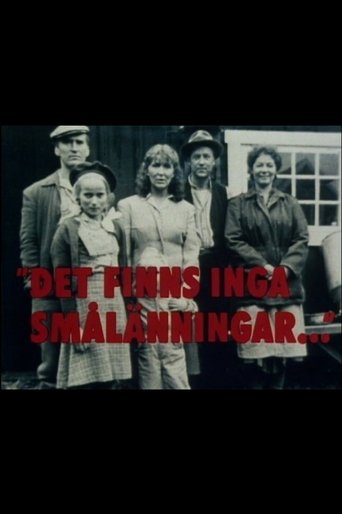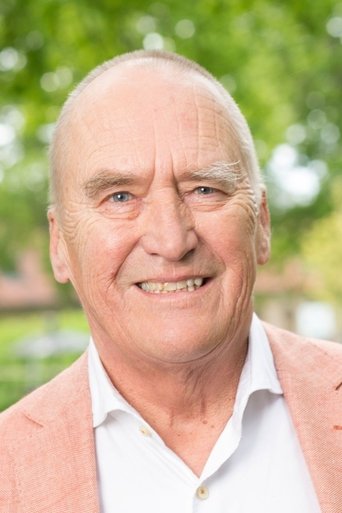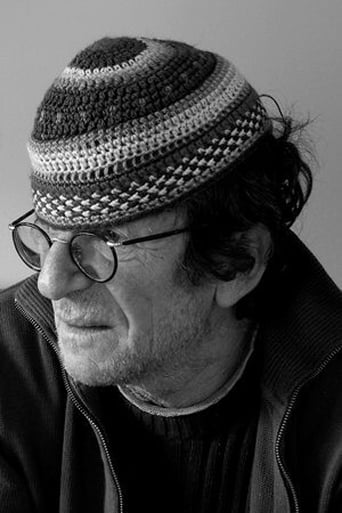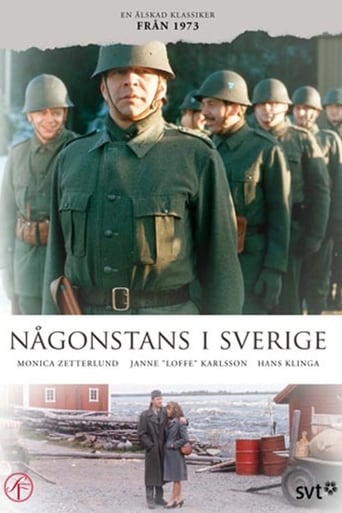
Rating:
0/10 by 0 users
Det finns inga smålänningar (1981)
Mini-series done in the style of a docudrama, which transports the Israel-Palestine conflict to the Swedish province of Småland.
Writing:
Release Date:
Thu, Sep 03, 1981
Country: SE
Language: Sv
Runtime: 221
Country: SE
Language: Sv
Runtime: 221
Season 1:

In 1948, the UN decided to divide Småland to give the ancient and persecuted people called the Värenders, who once lived in Småland, a country of their own - Värend. The decision leads to civil war. More than 150,000 Smålanders are forced to flee to Östergötland, Västergötland and Skåne.

The UN decision to create the nation Värend in Småland led to a civil war in 1948. The smallholder Erik Jonsson in Edshult was forced to flee with his wife and son's family. They sought refuge with relatives in Rumskulla, but the enemy also came there. The relatives were murdered and the people of Edshult had to continue their flight on foot through the forests to Östergötland. When they were about to cross a border bridge during battle, the families split up. The grandparents end up in Norrköping. A year later, in 1949, they do not know if the son's family is alive at all.

The year is 1956. Skåne has blocked off Öresund and thus united the Goths who now hope to be able to return the Smålanders to their land. NATO is under threat. Among the Småland refugees, the will to fight is growing. Grandfather Erik Jonsson on a visit to the refugee camp in Ödeshög is detained in the camp. His son Göran, who alone is forced to move to Stockholm to support the family, surprisingly shows up at the camp after several years of absence. He discovers that his wife is expecting a baby.

1967 - for almost twenty years, the Smålanders have been refugees. But an organized guerrilla movement is emerging. Grandfather's granddaughter Lisa has, to remind the world of the Smålanders' existence, hijacked and blown up a passenger plane. The world press labels the Smålanders as terrorists and the Värenders can continue their retaliatory actions against the camps.






















